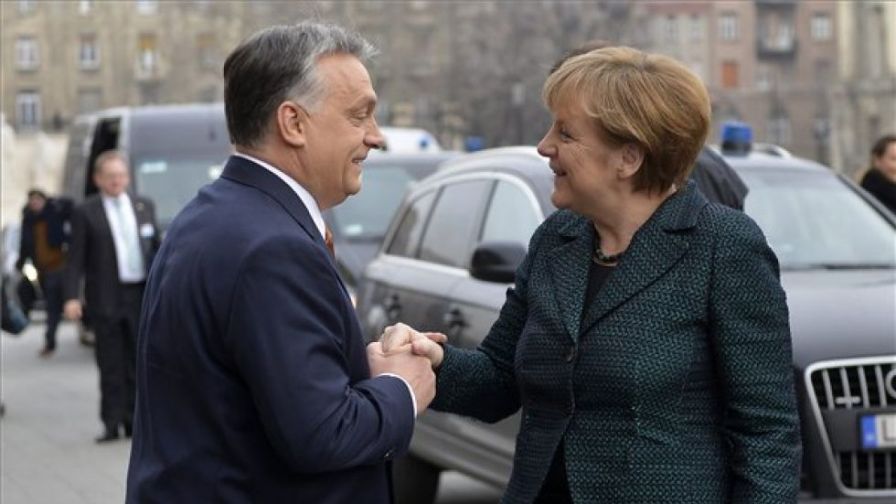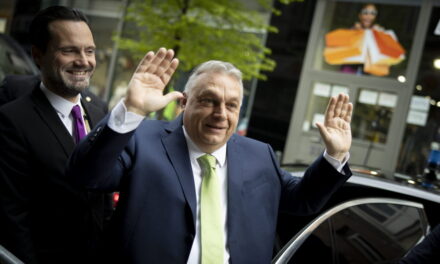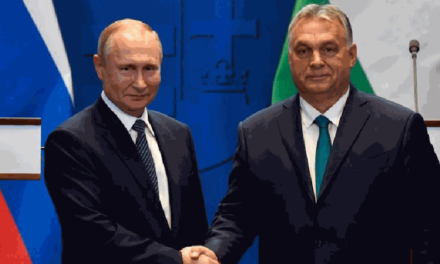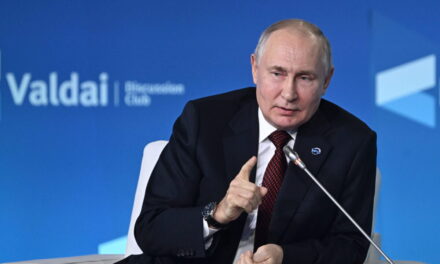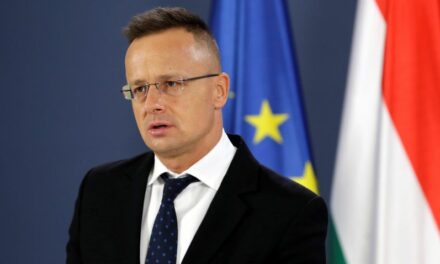On December 8, Angela Merkel will leave the German chancellorship. A part of the lives of Central Europeans is also leaving with it, writes Viktor Orbán in Szamizdat 14.
"We still understood him, he still understood us. Soviet occupation, communist dictatorship, resistance and popular movements in 1988-89, victory, freedom, reunification and the supreme chancellor, Helmut Kohl, the new state founder.
As Prime Minister of Hungary in 1998, I was able to serve for a few months with Chancellor Helmut Kohl, who was a good fatherly friend, Christian brother and loyal patron of the peoples of Central Europe.
For years, Merkel and I ate the lean bread of the opposition together. First he, then five years later we returned to the steering wheel. We went through the financial crisis management together in 2010, we were comrades in arms in the struggle to keep the European Union together, and together we watched helplessly and helplessly as the Russian-Ukrainian war, which was tragic for Europe, broke out.
The loyal and disciplined Germans, the rebellious and unruly Hungarians for a common goal, a Europe in which all nations can feel at home.
And then the rupture or rather rupture, open rupture 2015, the migration invasion. The kind of injury after which the athlete's movement will no longer be the same as before. He rehabilitates, exerts himself, struggles, but rather only out of honor, he knows, and after a while he admits that he cannot regain his old form.
The migration crisis was a serious test in itself. It became the Rubicon because it exposed the deep philosophical, political and emotional differences between us about the nation, freedom and the role of Germany.
It turned out that for Hungarians and other Central Europeans the homeland is immanent, the origin of the nation, without patriotism there is no healthy emotional life. It turns out that the Germans are moving along another path of European civilization, towards some kind of post-Christian and post-national state.
We Hungarians understood that the Germans consider this not a problem, not a problem, not a civilization disease to be cured, but a natural, even desirable, and more morally superior condition. The fabric of European unity was stretched, there was no stopping it. Migration, gender, federalized European Union, Germanization of Europe. Restoring European cooperation will require superhuman efforts in the post-Merkel era.
Did Angela Merkel open the door to trouble? Or on the contrary: he rather tried to support it, but left-wing pressure pushed him aside as well? Today we do not yet know the answer to this question. Seeing the pro-immigration, gender-friendly, federalist, German Europe-targeting program of the new, left-wing German government, both interpretations of the Merkel secret are possible. The time will come. Time will tell. As a former comrade-in-arms, I only regret that life's path and 16 years of chancellorship did not give me the answer, not even for us colleagues. One thing is certain, the era of ambiguity, stealth politics and drift is over with Merkel. New, open helmet times are coming."

